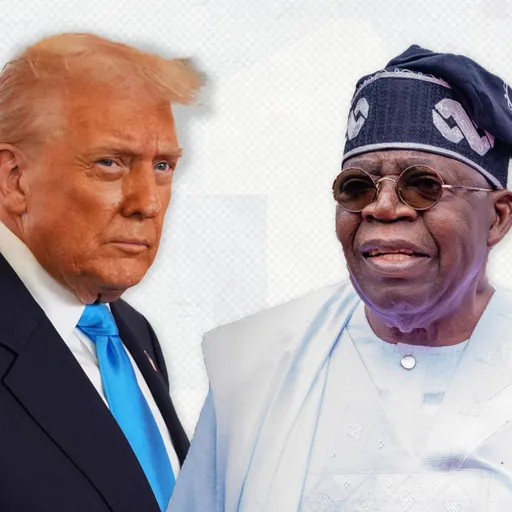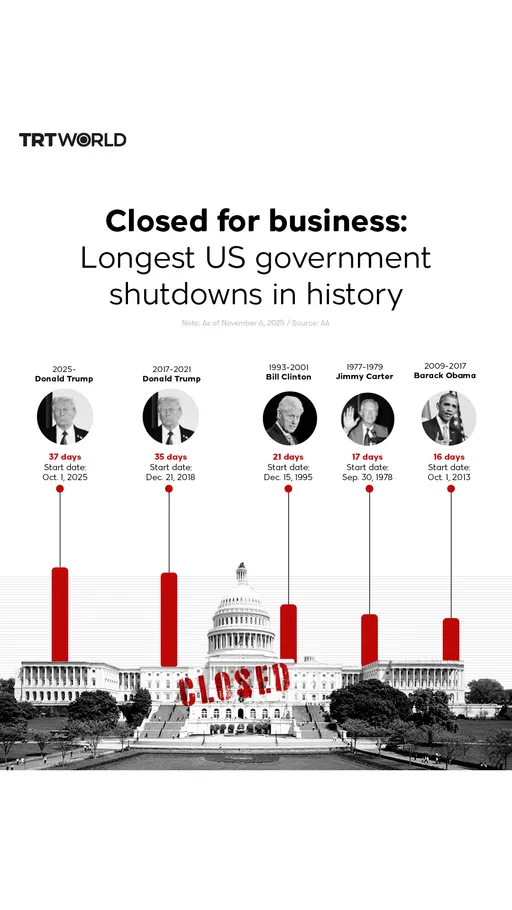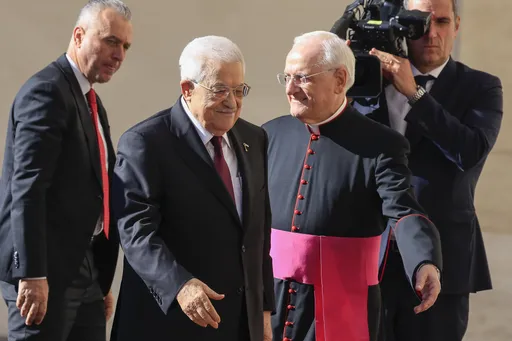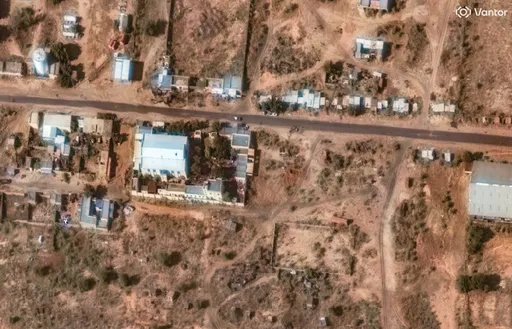As the Paris Olympics gets underway, France says it has been working hard to demonstrate inclusivity on and off the field. Officials have even been celebrating the games as being the first-ever to feature an equal number of male and female athletes.
But while the Olympics will feature many hijab-wearing athletes from various countries, none of them will be playing for French national teams, due to a ban against them.
"The Olympic ceremony depicted so much diversity and inclusivity," said Diaba Konate, a 24-year-old French native who recently returned to Paris after a successful six years as a college basketball player in the United States.
"I thought it was really beautiful. That should be the case for all of us, including Muslim women wearing the hijab," Konate told TRT World.
Hijab ban
Until fairly recently, professional basketball players who wore hijab had a hard time competing in big tournaments around the world.
But in 2017, the International Basketball Federation (FIBA), the world's basketball governing body, overturned a global ban on headscarves.
However, France's domestic version of FIBA has not done the same. Instead, the French Federation of Basketball (FFBB) has chosen to uphold its hijab ban, which extends beyond players to also include coaches and referees.
The FFBB justifies this policy by citing France's principle of laïcité, or secularism, which has restricted people wearing religious attire from entering many official public spheres, including education.
'It hurts'
Though Konate - a recent graduate of the University of California, Irvine - said she's never been called to play in the Olympics, she would have liked the chance to be considered.
I think I could have made it. I wish I had the opportunity to make it. That's where it hurts, I never had the opportunity to do it. The ban is really excluding us and limiting our opportunities.
Konate previously played basketball for the French national youth team, taking home the silver medal in 3X3 basketball at the 2018 Buenos Aires Youth Olympics.
While playing in the US, she ranked among the top 30 in the country with her free-throw percentage, and reached 1,000 points in her collegiate career in February 2023.
"I think I could have made it. I wish I had the opportunity to make it. That's where it hurts, I never had the opportunity to do it. The ban is really excluding us and limiting our opportunities," she said.
Global controversy
France has drawn global criticism for its decision to exclude hijab-wearing Muslim women from playing on many of its national teams, including football, basketball and volleyball.
Konaté is part of Basket Pour Toutes (Basketball for All), a group that was created in October 2023 to fight discrimination in basketball and foster community for young hijab-wearing women and girls in France. The organisation includes players, coaches and rights activists.
On its website, the group warned that the hijab ban in some sports was contributing to the stigmatisation and humiliation of female players; a decline in Muslim women's participation in sport; and the deterioration of their mental and physical health.
Speaking to TRT, Konate said she really struggled with France's ban when she learned about it two years ago.
"It's really frustrating to be in that position. I don't know what to do. It's really hard for me to accept. I've wanted to play basketball for a long time, and I'm not ready to be done now."
She added that removing hijab is "not an option," after she began wearing it while at Idaho State university in 2021. "I will never take it off. I embraced it and love it - it's a part of me. I think what I'm doing is right."
One of her options is to play basketball somewhere else in Europe.
"But I believe I shouldn't have to go somewhere else to play. I want to be in Paris with my family. It's really hard for me.
I want the world to know how ridiculous this is. I think they already know at the end of the day, we just want to play basketball, that's all. We're being excluded and I think that's unfair."




















